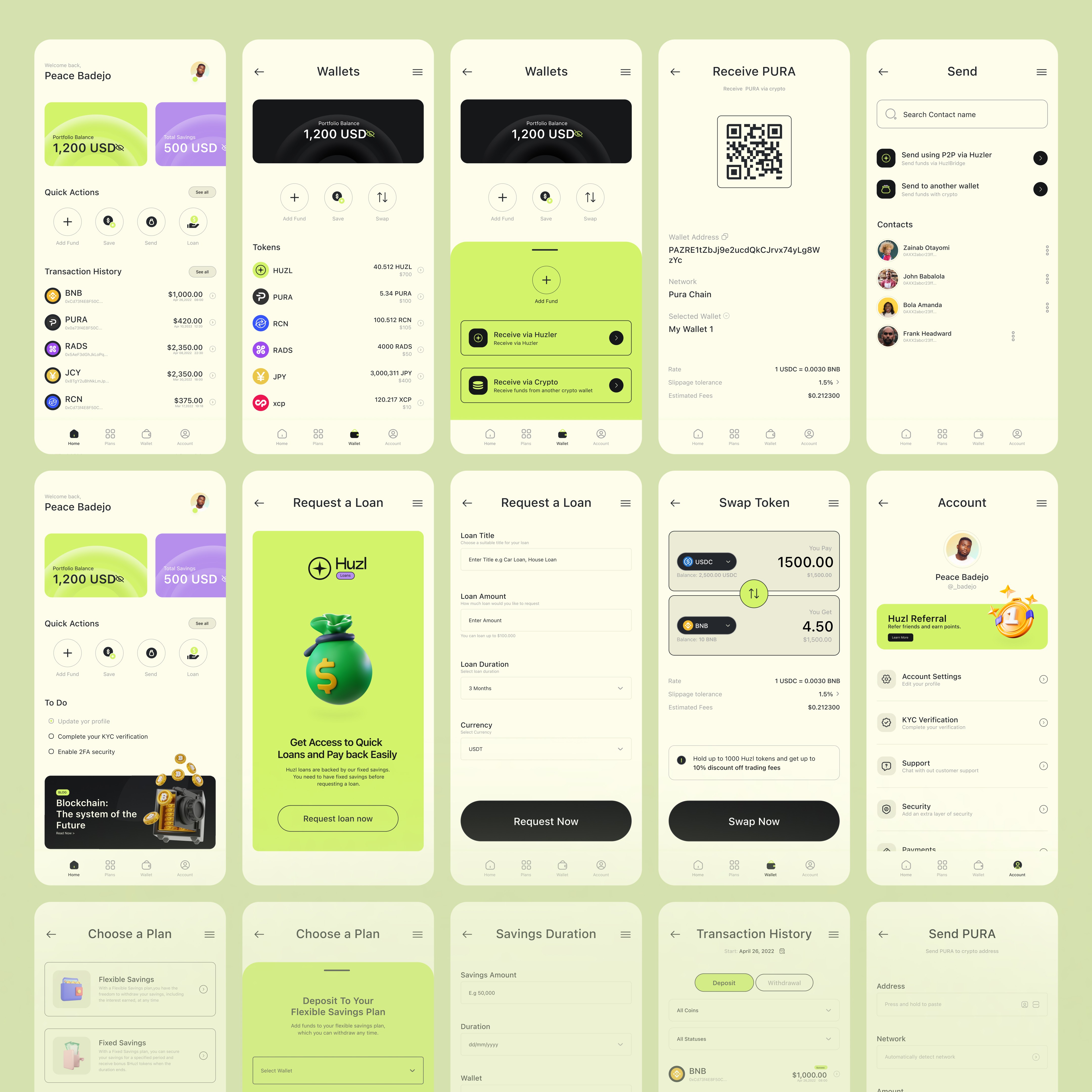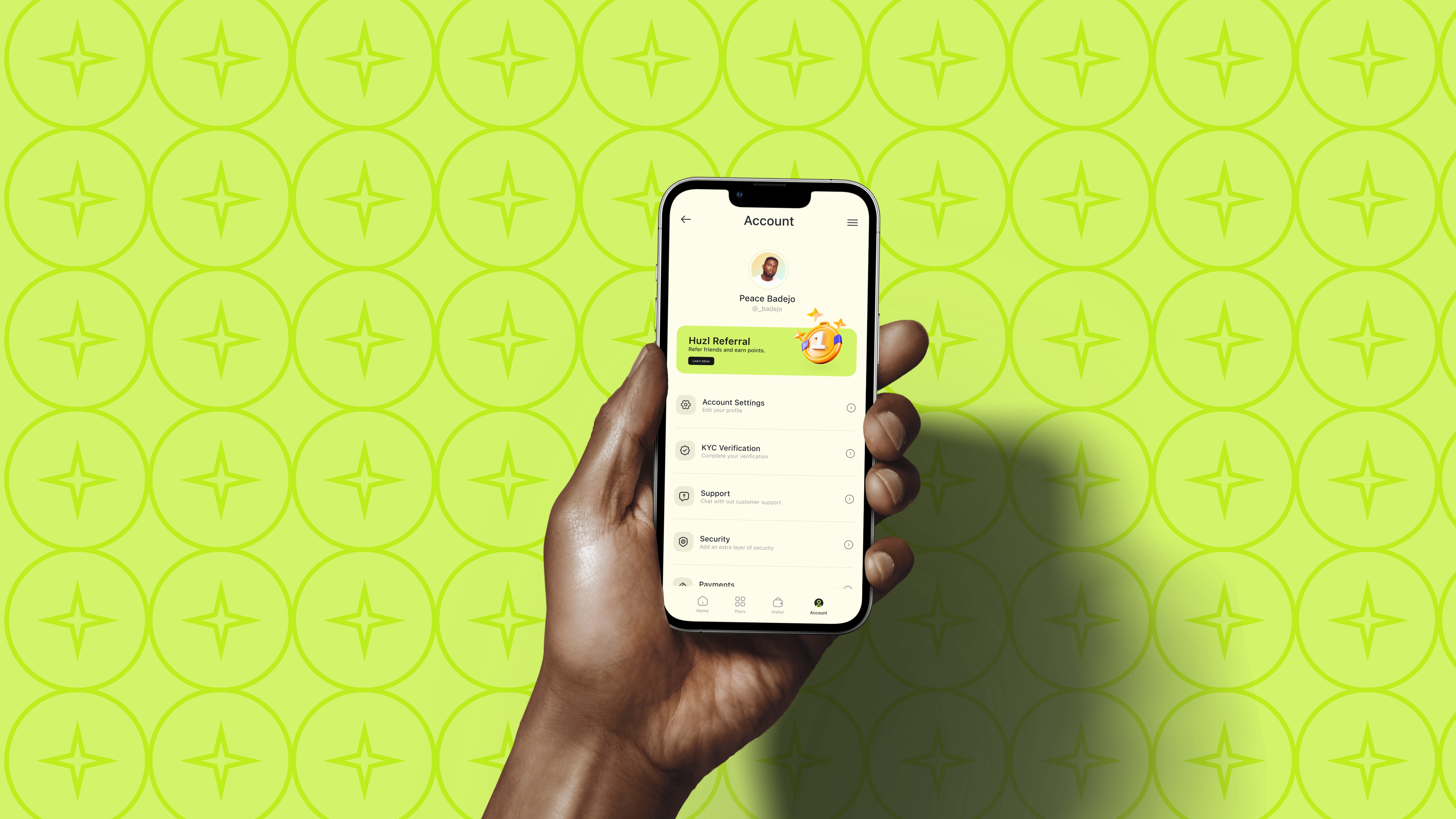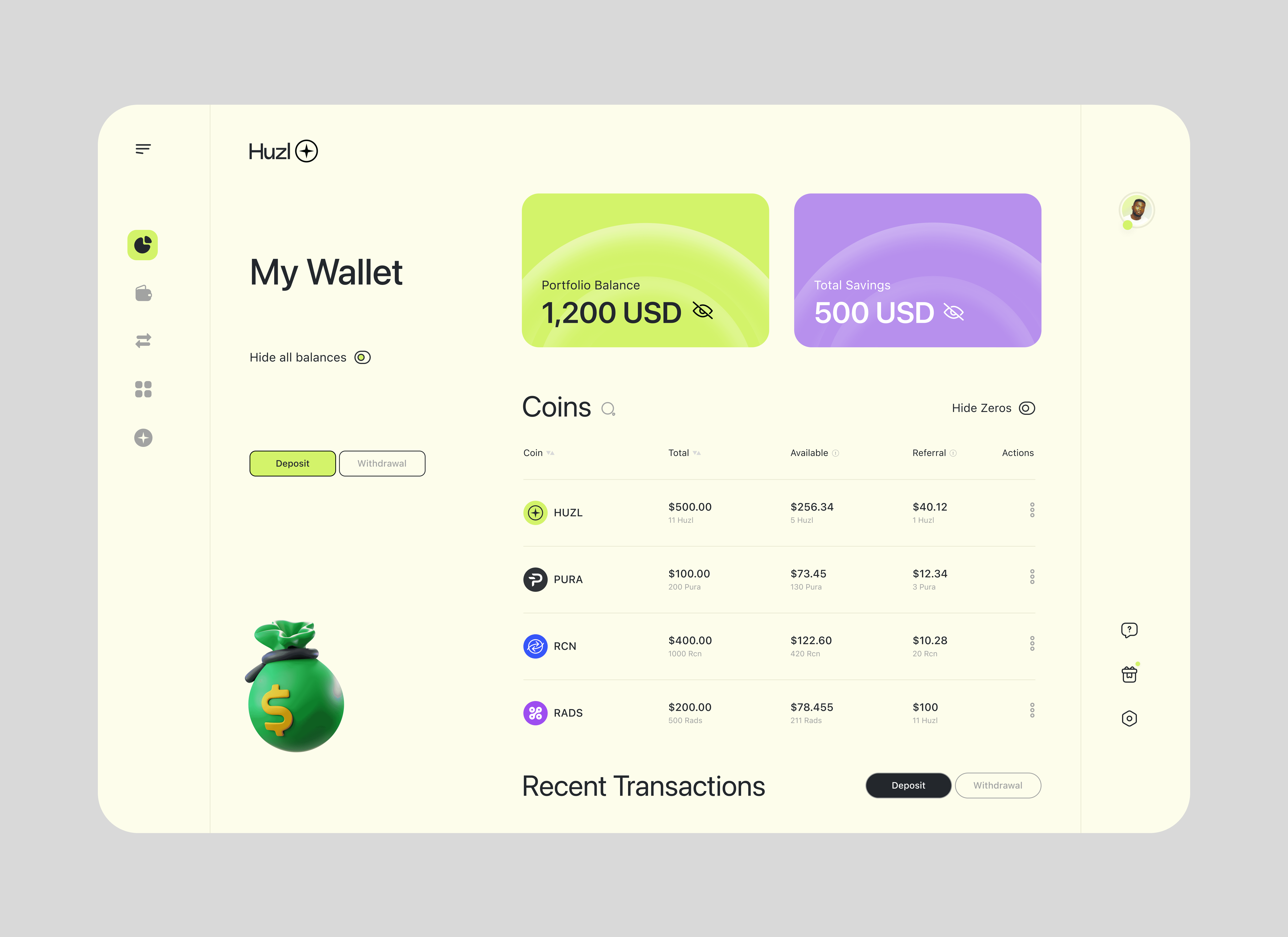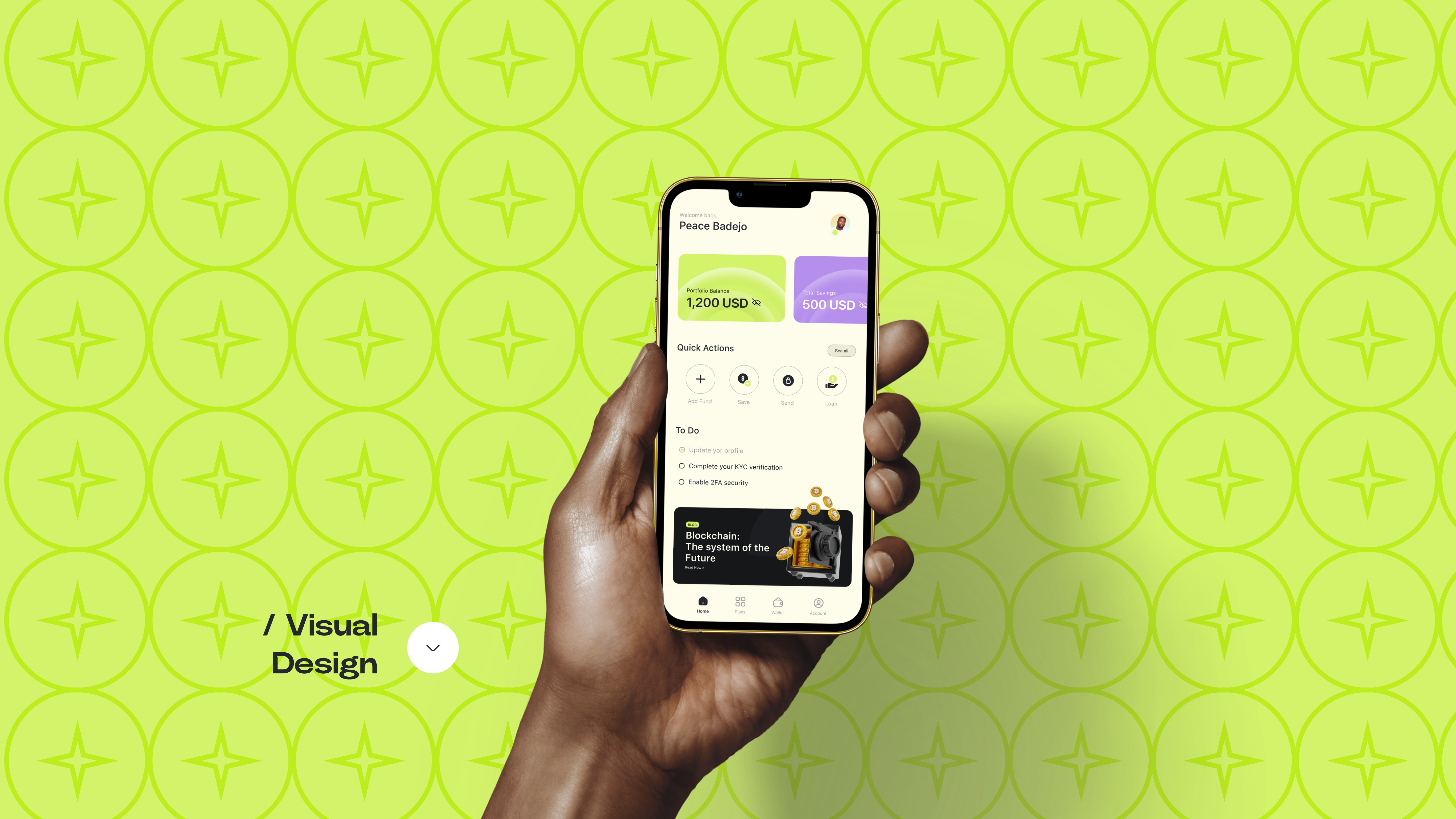A Case Study in Visitor Engagement
In the age of short attention spans, art galleries struggle to capture visitors' attention beyond passive observation. A deeper interaction with artworks is often limited.
Secondary research suggests that Augmented Reality (AR) could offer a solution to the problem, engaging visitors in a more interactive, immersive, and educational manner.
At HOTA Gallery, a ceramic cloud that turned into a secret portal for messages thanks to AR captured my attention. Visitors spent significantly more time interacting with this artwork than any other in the gallery. Inspired by the possibilities of AR to enhance visitor engagement, I got to work to create an AR app that allows visitors to explore HOTA Gallery and unlock additional information about their exhibits.
The result? The app brought in a 25% increase in visitor interaction and tripled visitors' dwelling time and increased their retention of information about the artworks. This case study documents the design process behind the app, from user research to prototype iteration, and shows how AR can turn passive viewing into active participation at HOTA Gallery.
01
Researching What Visitors Really Want
To understand whether visitors at HOTA are interested in an AR experience, how they would like to interact with artworks, and what their expectations are, I conducted an online survey (n=52) and semi-structured interviews (n=11). I uncovered valuable key insights that directly informed the design of the AR experience.
Key Findings
Interactive Experiences
52% of visitors voiced a strong interest in interactive and participatory exhibits.
Design goal: Integrate interactive AR functionalities that invite the visitor to discover and engage with the artwork instead of passive observation.
Interest in AR
Over 42% of visitors were excited about the use of AR to learn more about the artwork. They were interested in artist techniques and stories.
Design goal: Provide meaningful layered AR content that connects the visitor to the artwork and artist.
Device Preference
Over 70% of visitors preferred using a smartphone to access the AR content, 22% a tablet, and only a small portion was interested in smart glasses. Most visitors preferred using their own device.
Design goal: Prioritise mobile optimisation so that the experience seamlessly works for a variety of different smartphones and tablets and visitors can access the app on their own devices.
Complementing the Art
A significant amount of visitors voiced concerns about the AR distracting from the artwork or disturbing the gallery environment.
Design goal: Design subtle AR interactions that invite the visitor to observe the artwork with additional context, without distracting or overshadowing it.
02
Solution
A user-friendly DeFi app that makes DeFi more accessible to Africans by simplifying the process.
03
Competitive Analysis
I conducted a competitive analysis of existing products some of which are Binance and Xend Finance, two of the top players in the African market.
Strengths
Binance has deep pockets and can provide liquidity to its DeFi projects,
Low transaction fees
Established reputation and user base
Weaknesses
It can be overwhelming for new users, with a lot of features and options that may be difficult to navigate
Confusing terminology and jargon
Finally, Binance's customer support can be slow to respond, which can be frustrating for users who need help with issues.
04
Result
The user flow highlights the different pathways a user can take when trying to navigate Huzl app. The app employs a simple and straightforward navigation system that allows users to move effortlessly between different sections and features, ensuring a smooth and enjoyable user experience.



